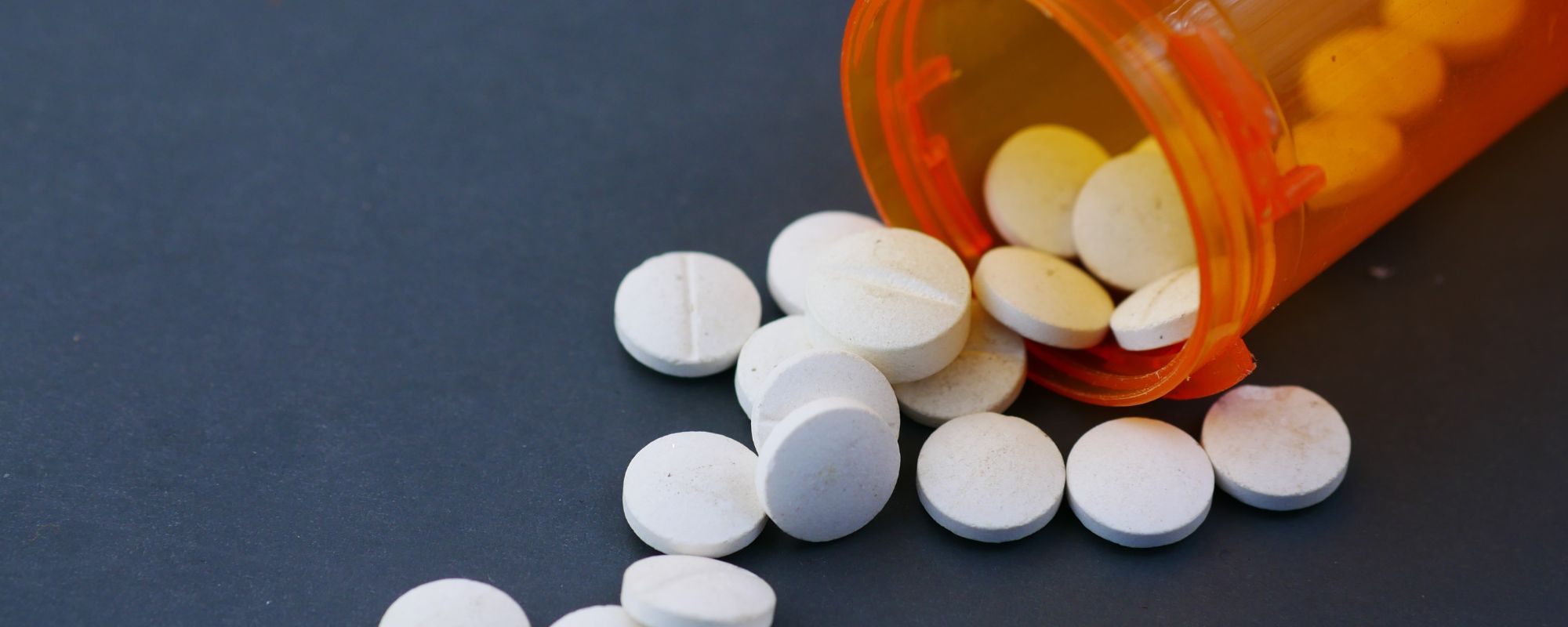Everyday mental health is just as, if not more, important as long-term mental health. A sustainable relationship with yourself— your emotions, feelings, and often, consequentially, actions— starts with positive actions that you take on a daily basis. Cultivating this relationship is especially important for those in the early or ongoing stages of recovery from substance use disorder.
There are many ways to incorporate better mental health practices into your life, some of which are quick fixes and others that are habits you develop over time. Start small with these five “keys” to better everyday mental health and go from there.
1. Get it out.
Strive to build trust with at least one person (perhaps a therapist or a sober friend or family member) with whom you can share your ups and downs. You may not be comfortable discussing every experience with others and that’s okay, but it’s important to not ignore those experiences or let them pile up. Writing down your feelings, whether physically with pen and paper or recorded as a note on your phone, can also help relieve some of that emotional strain.
2. Learn to cope with stress.
Stress management is essential to better everyday mental health. Meditation, yoga, and exercise are a few of the more traditional methods of stress management, but there are other, creative ways to deal with stress, such as art therapy, playing an instrument, or listening to music. Your therapist may have other recommendations based on your individual preferences and proclivities.
3. Set realistic goals.
It can be tempting to try to tackle all of your goals and objectives at once, especially when you’re newly recovered and motivated to do the best you can in all areas of your life. Too much can quickly overwhelm you, so before working toward any new goal, make sure it’s reasonable for where you’re at in relation to achieving the goal.
If you want to repair a relationship, understand that there is likely not an overnight solution. If your professional objective is to work in a managerial capacity, you’ll need some staff experience first. It’s also crucial to ensure that you have the right support network set up and the necessary resources available to you for success in achieving your goals. Discovering and aligning your priorities is the first step; counseling and/or self-reflection may help you with this.
4. Change up your routine.
Maintaining a routine is important to your mental health, especially when newly sober, but monotony can lead to boredom, and boredom could lead to relapse. Small, simple adjustments can make a marked difference in your life and help break you out of a rut. Introduce one or two seemingly insignificant changes— eat something different for breakfast, go for a run in the evening instead of in the morning, or read before bed— and see how you feel.
5. Practice gratitude.
It can be hard to find the silver lining when you’re struggling with substance use disorder, but it’s out there. Often, there is more than one silver lining. Take time each day to reflect on what or who in your life you have to be thankful for. Making a gratitude list and stopping to consider the best moment(s) of the day are two ways to stay active in this habit.
Better everyday mental health is attainable and, when practiced and maintained with diligence, can help to put you on the right track toward a future of stability, confidence, and self-acceptance.
If active substance use disorder is holding you back from a good relationship with your mental health, call Royal Life Centers at Puget Sound for help today. We’re here to answer your questions.






